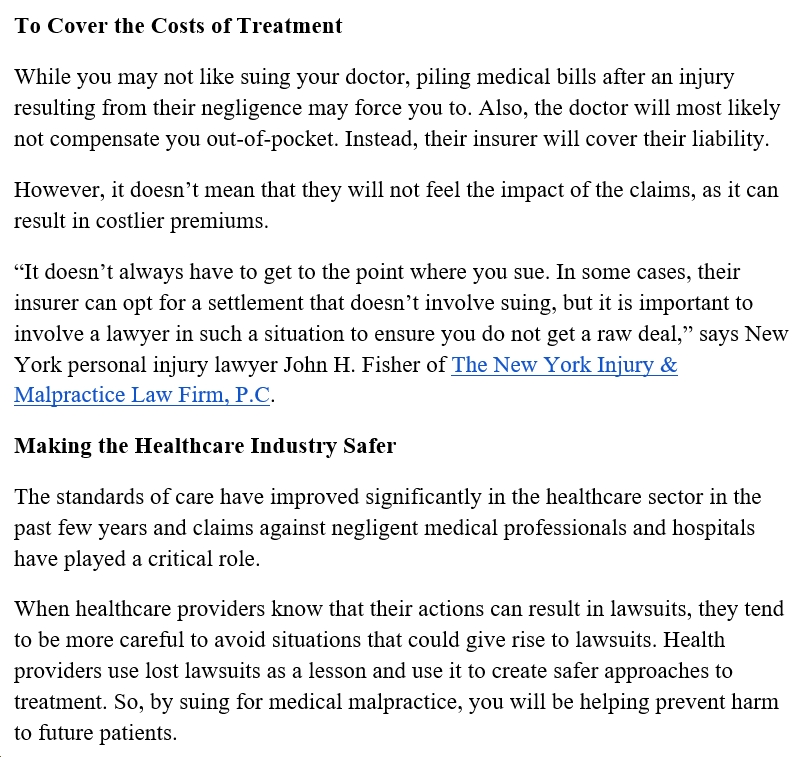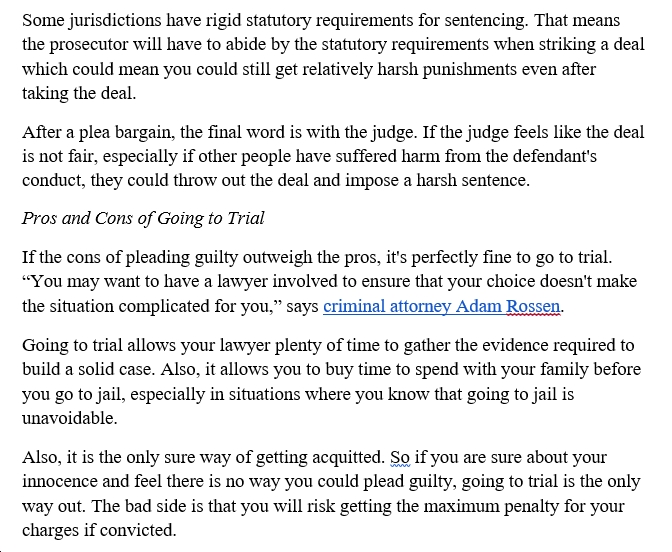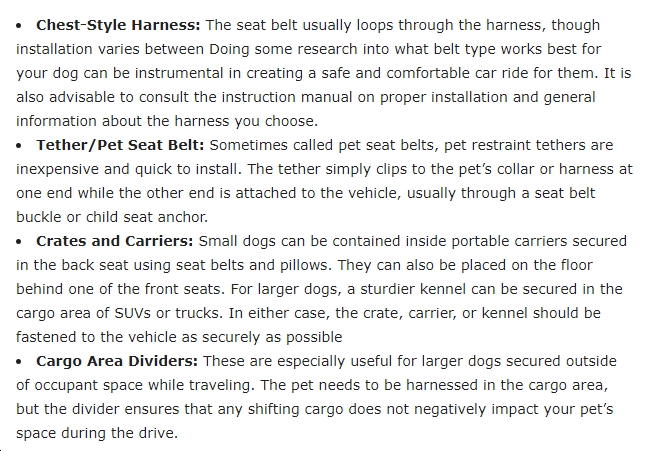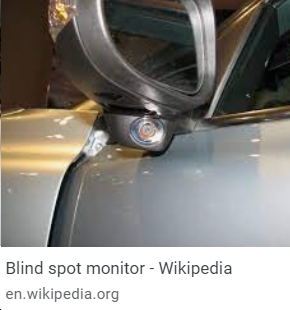SPONSORED CONTENT
Injuries at the workplace can happen at any time or place. Fortunately, workers can get compensated for any damages caused by work-related injuries or illnesses. However, it may be challenging to determine what qualifies as a work-related injury, especially if it occurs outside the workplace or during work hours.
Workers’ compensation is an insurance program that covers employees who get injured while working or who subsequently develop work-related illnesses. That said, are there any limitations to workers’ compensation benefits? This article addresses the complexities and exceptions of compensation benefits.
What Qualifies as a Break According to Workers’ Compensation Rights?
As shocking as it may sound, employers are not required to provide breaks for their workers. If they do, breaks lasting less than 20 minutes are paid, while those exceeding 30 minutes are not paid, provided they are free to engage in any activities.
Therefore, if you are injured during break time, were your activities work-related, or were you engaged in tasks unrelated to your job? Additionally, were you at the workplace or off-site? These are some of the aspects that employers and insurance companies consider before offering compensation for lunch injuries.
Course of Employment Injuries
One common concern concerning compensation during lunch hour is the time, place, and circumstances leading to an injury. An accident can be said to have happened during employment if the following conditions are met.
- Time- the injury happens when the individual is employed.
- Place- the accident occurs at a place where the employee is expected to be performing their work duties.
- Conditions – the accident occurs when the employee is fulfilling their designated responsibilities.
Generally, for compensation benefits to be valid, the employee has to be at the right place at the right time. If a worker, for example, leaves the workplace to have lunch at a different place and their activities are not work-related, they will not be compensated for any injuries.
Additionally, workers who are injured while moving to and from work will not receive any reimbursements. Workers’ compensation rules exempt these injuries under the “coming and going” conditions. However, an exemption is made if the employee is running a work-related errand.
Employees are refunded for injuries arising from employer-sponsored activities. These events are organized and supported by employers, whether in the workplace or off-site.
Examples of when lunch away from workplace injuries may be covered are as follows:
- Completion of work-related tasks during lunch break.
- Business meet-ups with clients or partners to discuss issues affecting your work.
- Reviewing work-related reports during lunch leading to an injury.
- Work-related discussions with your supervisor or employer during lunch hour. Similar talks with colleagues may not be valid.
Hire a Lawyer
“Filing a claim for injuries during lunch may be complex since there are countless scenarios surrounding this issue. One thing is for sure, the details leading to the accident have to be critically analyzed to validate your claims” says, Felix Gonzalez of Felix Gonzalez Accident and Injury Law Firm.
Solely relying on human resource representatives might be detrimental to your case as they may say that you do not qualify for compensation when you do.
Therefore, it is always wise to speak to a workers’ compensation attorney if your employer disputes your claims. These attorneys have vast knowledge and will help you investigate and file a claim. They will also ensure that you receive the right amount for financial losses.


















